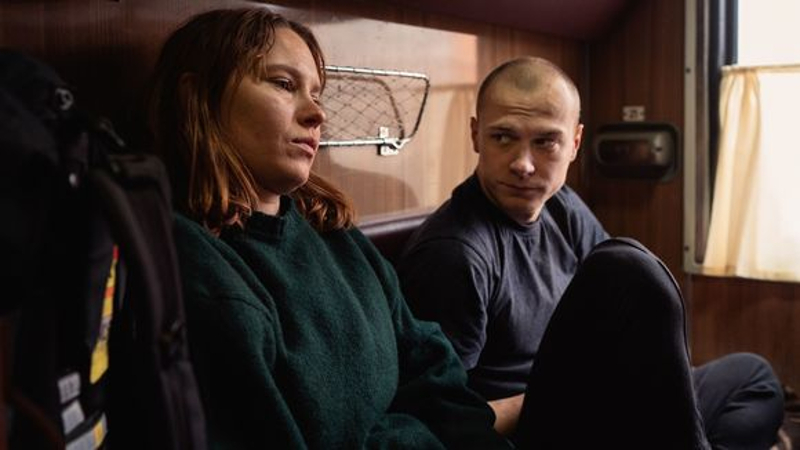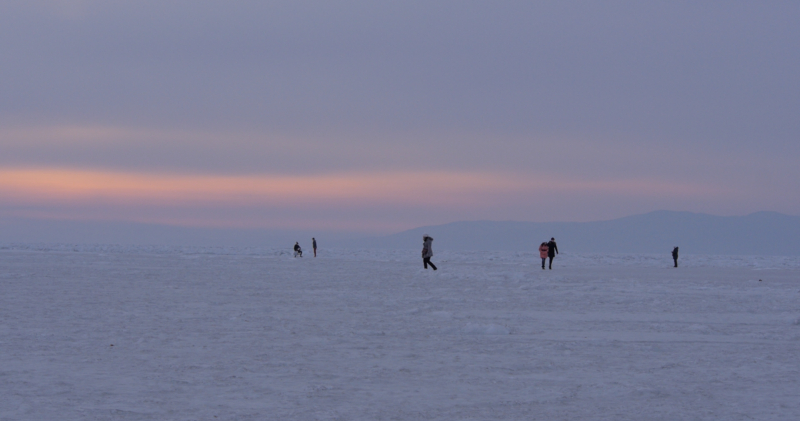Director – Juho Kuosmanen – 2021 – Finland – Cert. 15 – 107m
*****
A student taking a long, sleeper train from Moscow to the Arctic finds herself sharing a compartment with a drunken male slob – out in cinemas on Friday, April 8th
Finnish archaeology student Laura (Seidi Haarla) lives in Moscow with her life of the party, professor lover Irina (Dinara Druckerova) in the latter’s Moscow flat where life is a constant round of social gatherings and parties. Irina’s busy schedule causes her to drop out of a proposed visit to Murmansk to see the petroglyphs, so Laura takes the Artika train (Artic train) alone and finds herself sharing her first class, two person sleeper cabin with Lhoja (Yuriy Borisov from Petrov’s Flu, Kirill Serebrennikov, 2021) who knocks back the vodka and leaves half-eaten packets of food all over the shared table. She takes an immediate dislike to him.

And that’s the setup of the film: not so much a road movie as a rail movie, the bulk of what follows taking place on the train (a fascinating location in itself) with off-train episodes at various stops en route including St. Petersburg (which places the year at 1991 or after when the city was renamed from Leningrad) and a finale in Murmansk.… Read the rest


